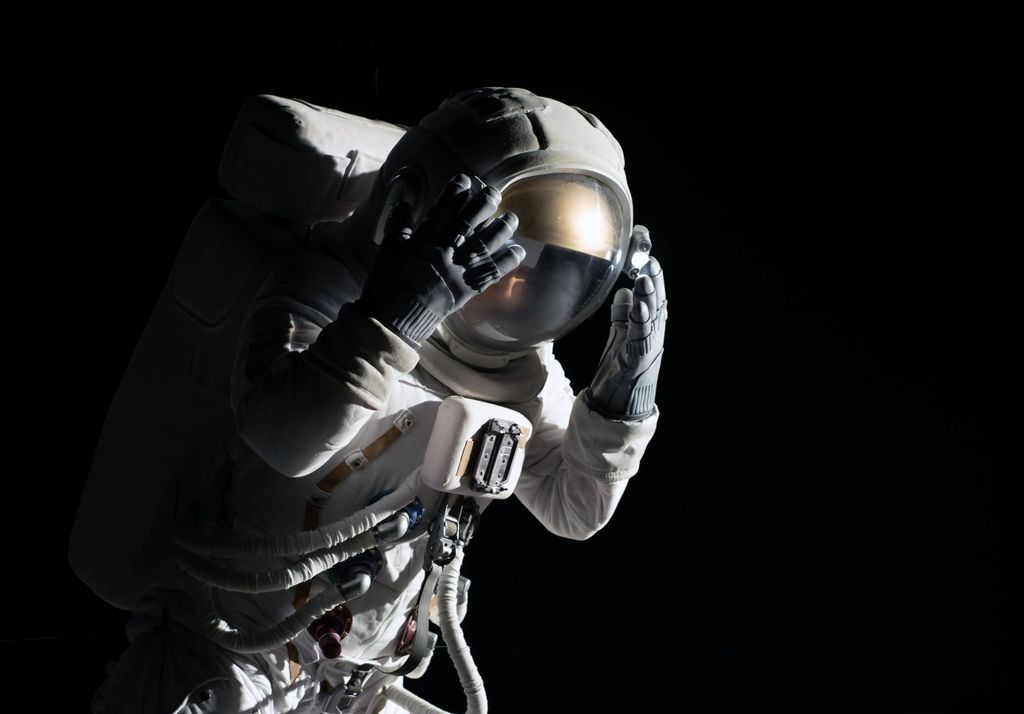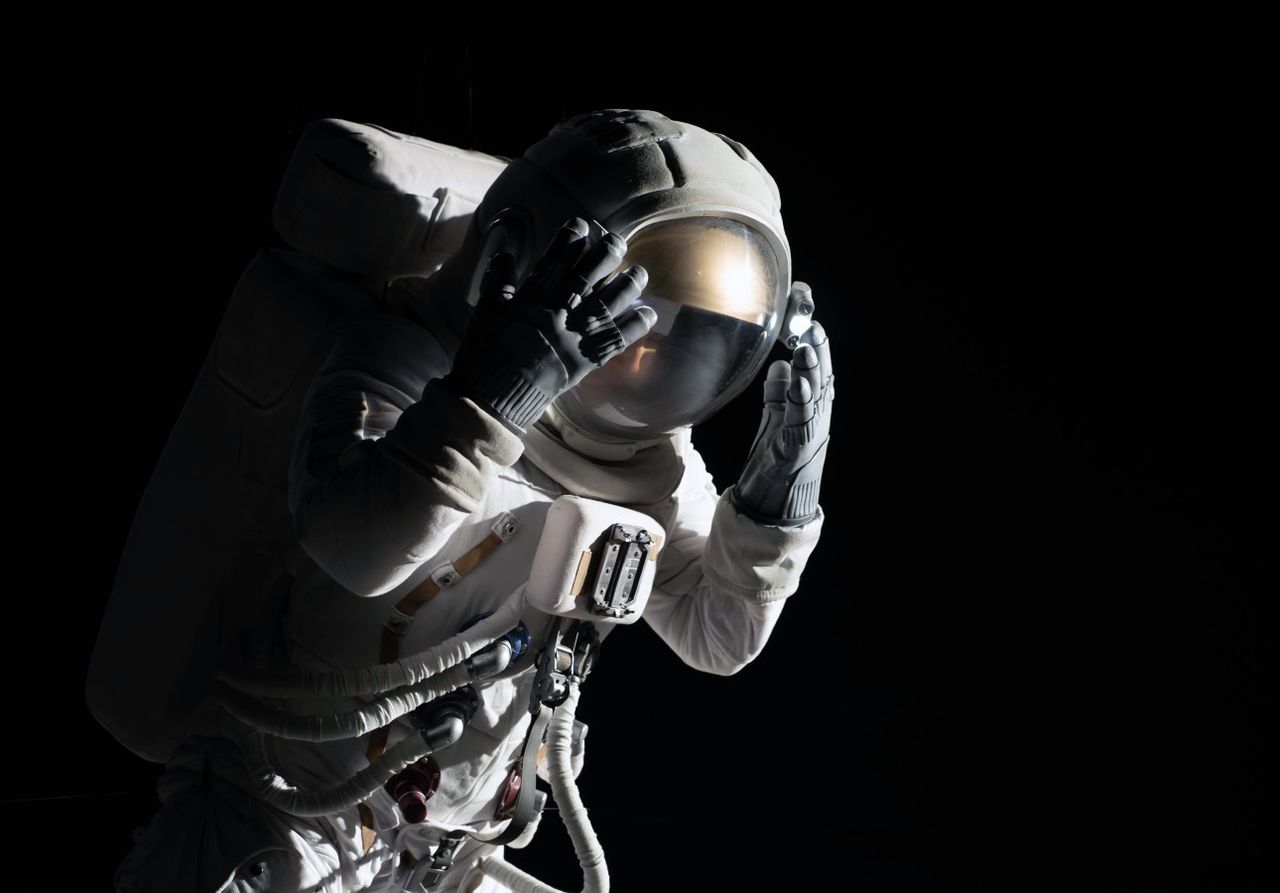
A new study suggests so Exposure to galactic cosmic radiation And weightlessness during space flights It can cause erectile dysfunction in astronautsEven in the long term.
a A new era of manned approach to space travel. In 2025, the historic Artemis 3 mission will not only mean the return of humans to the Moon since 1972, but will also allow a seven-day stay near the Moon’s south pole.
To prepare for longer missions, such as potential missions to Mars that require more than 7 months in space, Scientists study the effects of space missions on health Humans. This includes studies about Sexual health In space environments, it is vital for preparing future expeditions.
In this sense, NASA-funded research suggests so Exposure to galactic cosmic radiation and microgravity in space can cause this Damage to vascular tissue in astronautsCausing dysfunction erectile persistent Upon his return to Earth.

Galactic cosmic radiation is a form of high-energy radiation that comes from space. During spaceflights, astronauts are exposed to this Radiation that destroys cells and tissues, including blood vessels responsible for maintaining an erection.
On the other hand, the Microgravity can cause blood vessels to become weaker and less elasticIn addition to causing changes in the structure and function of blood vessels. This can also make it difficult for blood to flow properly during an erection.
Astronauts on the International Space Station are artificially protected, yet they receive the same amount of exposure in a week as a person on Earth receives in a year.
On Earth we are protected from Cosmic radiation By the magnetic field that surrounds the planet. But while astronauts spend some time in… The Moon and Mars will be most exposed to these particles.
Space love is possible thanks to antioxidants
To understand the effects of space on human health, an astronaut’s sexuality is untouched. Hey The study was conducted in the laboratory with experiments and simulations. She was 86 adult male Fisher 344 rats were used As subjects in a pioneering study. However, although these results are revealing, they have not yet been translated into human trials.
The experiment was conducted at the Space Radiation Laboratory, run by NASA, in New York, where The mice were exposed to simulated microgravity and galactic cosmic rays. A year later, tissue analysis revealed surprising results: in addition to the dysfunction, moderate exposure to cosmic rays was generated Oxidative stress, a factor that can destroy cells, proteins and DNA. This condition is not only associated with aging, but also with conditions such as: Diabetesor cancer Neurological diseases such as Alzheimer’s disease.
Even moderate exposure to cosmic rays generates oxidative stress, a factor that can destroy cells, proteins and DNA. This condition is not only associated with aging, but also with conditions such as diabetes, cancer and neurological diseases such as Alzheimer’s disease.
But there is a cure. To counter this stress, the human body naturally produces antioxidants.. Research suggests that treatment with specific antioxidants can improve the function of tissues exposed to cosmic rays, offering a possible solution.
Dr. Favor, co-author of the study, emphasized: “Although the negative effects of galactic cosmic radiation are long-lasting, functional improvements through Acute targeting of redox and nitric oxide pathways “Suggests the possibility of treating erectile dysfunction.” These findings could pave the way for health protection on future space missions.
News reference:
Manuela R. Andrade, Twp A. Aziz, et al. Neurovascular dysfunction associated with erectile dysfunction persists after long-term recovery from weightlessness simulations and deep space irradiation, FASEB (2023)

“Wannabe internet buff. Future teen idol. Hardcore zombie guru. Gamer. Avid creator. Entrepreneur. Bacon ninja.”

